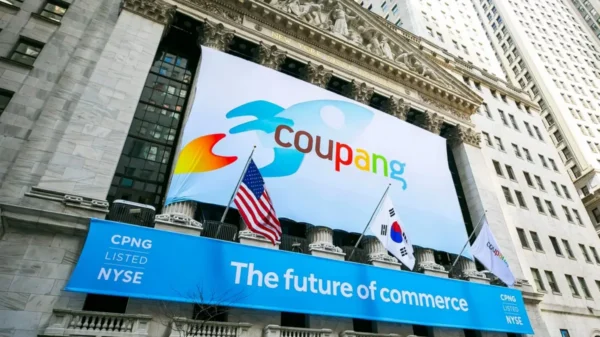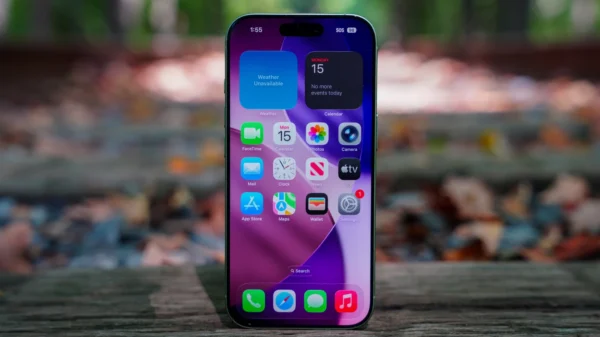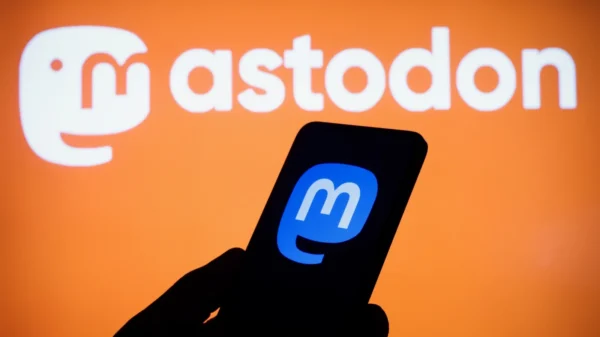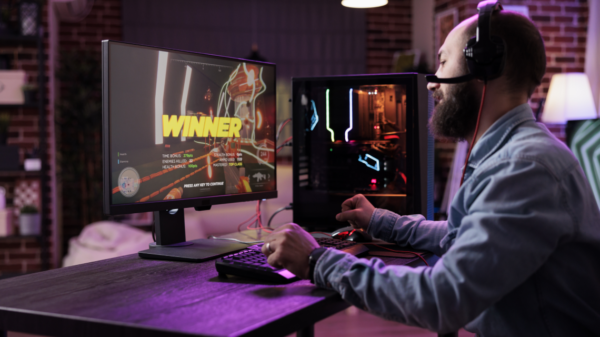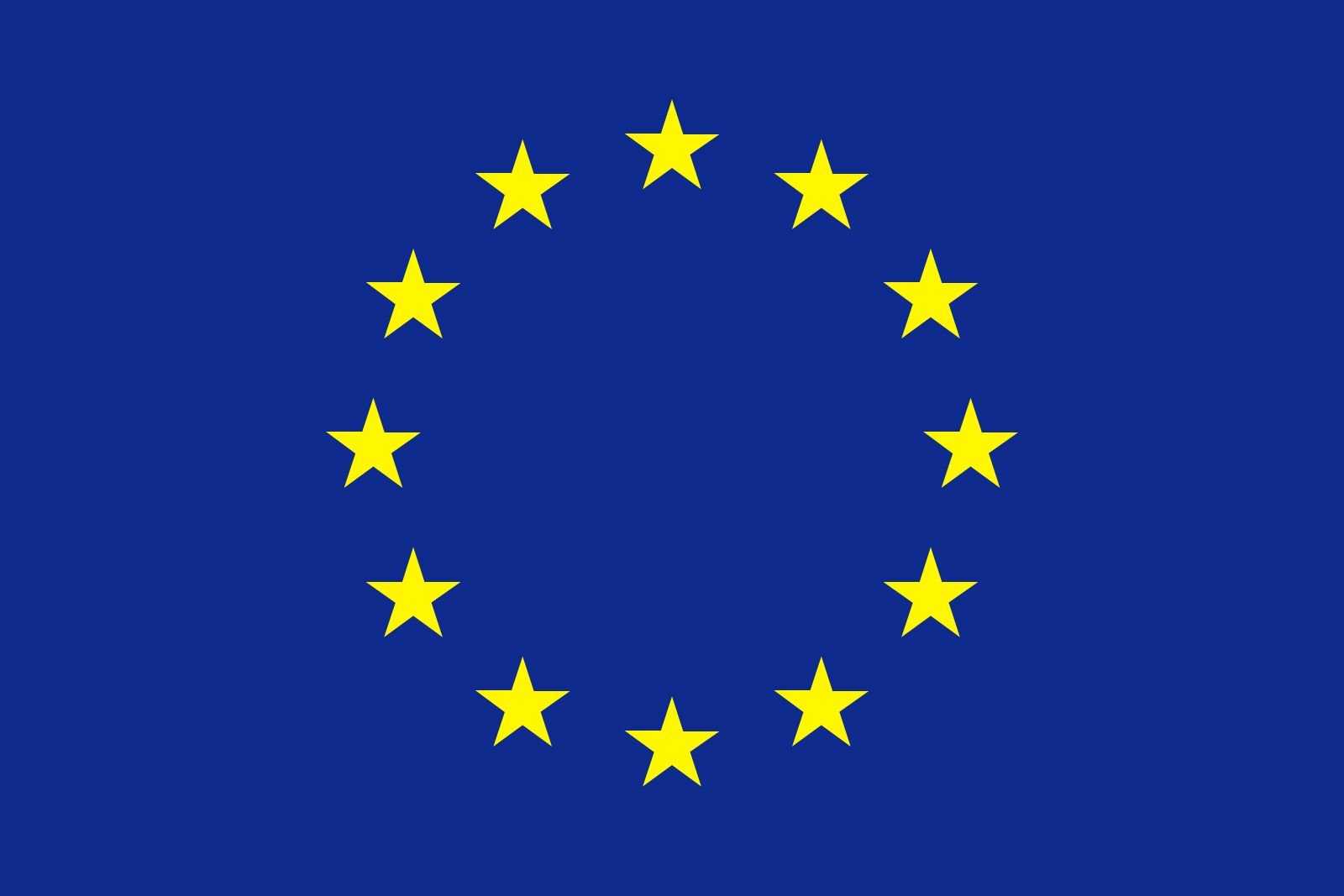EU legislators decided on Wednesday to restrict biometric surveillance with artificial intelligence and require generative AI systems like ChatGPT to reveal AI-generated content.
The revisions to the EU Commission’s planned historical rule to safeguard citizens from the hazards of the technology could lead to a conflict with EU countries opposed to a total ban on AI usage in biometric monitoring.
Top AI scientists and industry executives like Tesla’s Elon Musk and OpenAI’s Sam Altman are concerned about society’s risks from ChatGPT and other bots’ quick adoption.
“While Big Tech companies are sounding the alarm over their own creations, Europe has gone ahead and proposed a concrete response to the risks AI is starting to pose,” said bill co-rapporteur Brando Benifei.
European Union parliamentarians want corporations using generative technologies to reveal copyrighted content to train their systems and “high-risk application” enterprises to analyze fundamental rights and environmental damage.
ChatGPT would have to disclose that the content was AI-generated, distinguish deep-fake photos from real ones, and prevent illegal content.
Microsoft (MSFT.O) and IBM (IBM.N) applauded the latest EU move but wanted to tighten the proposed laws.
“We believe that AI requires legislative guardrails, alignment efforts at an international level, and meaningful voluntary actions by companies that develop and deploy AI,” a Microsoft representative said.
Before passing the draft guidelines, MPs must negotiate with EU nations.





